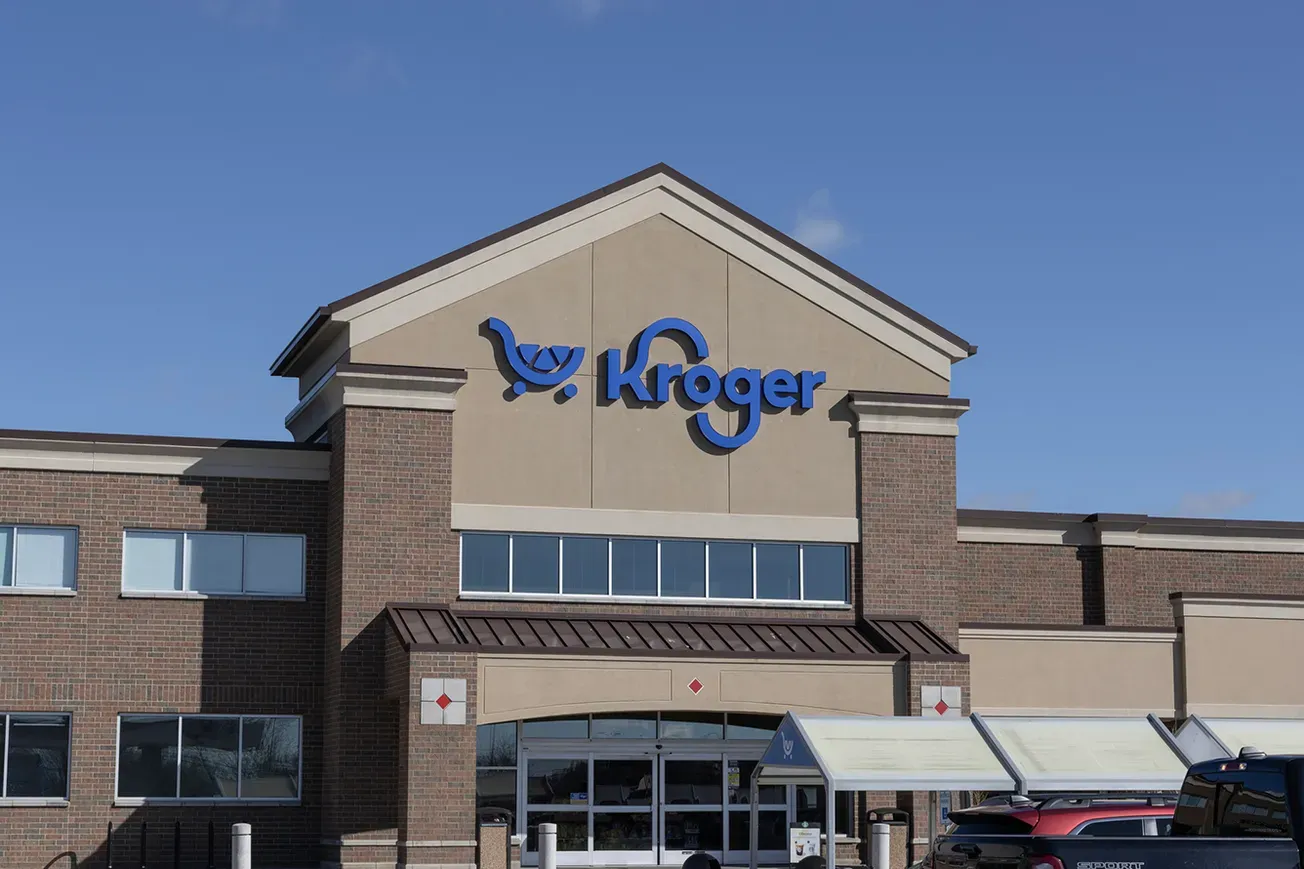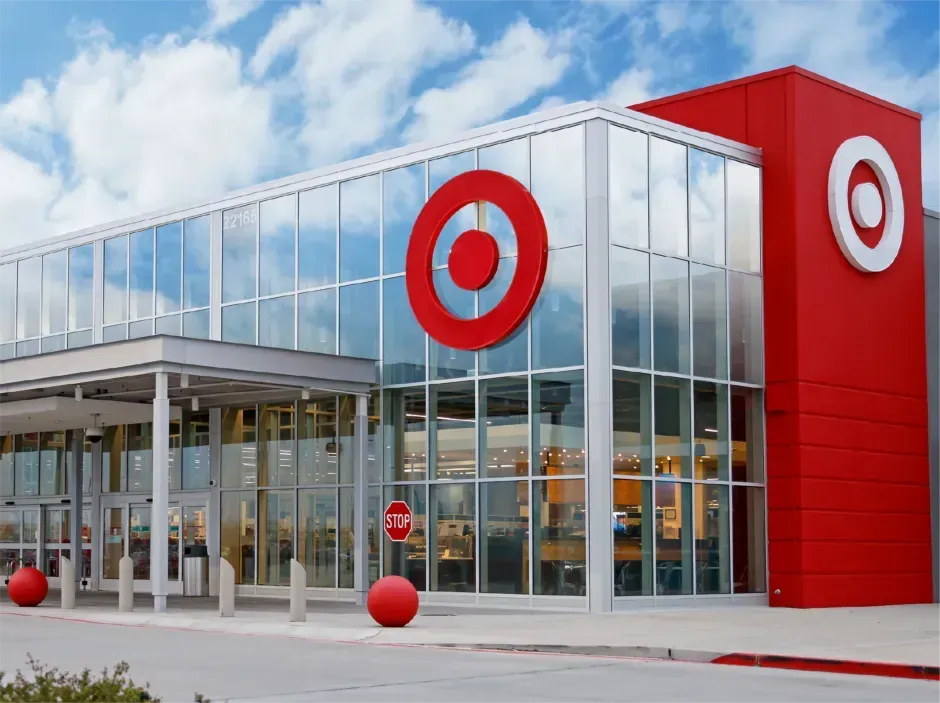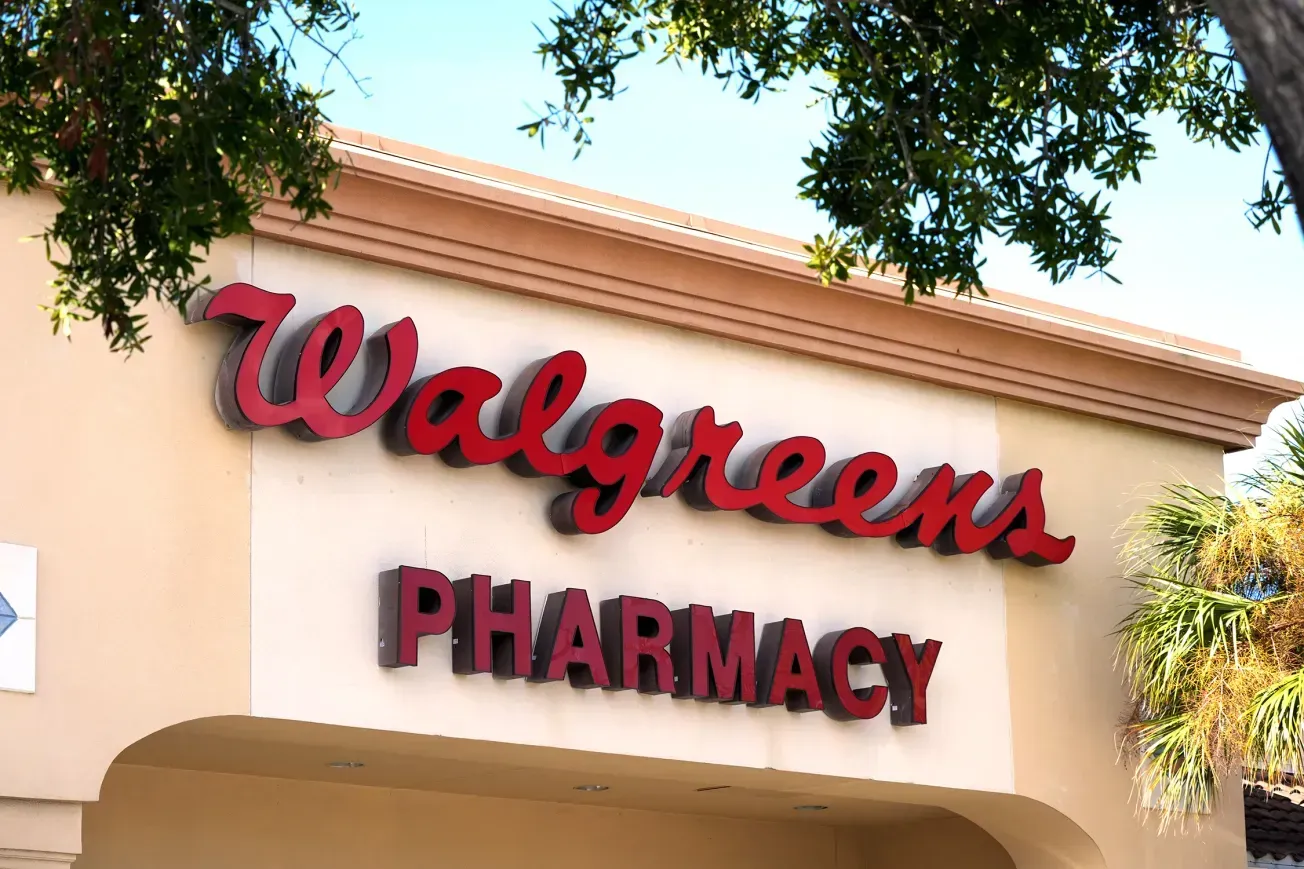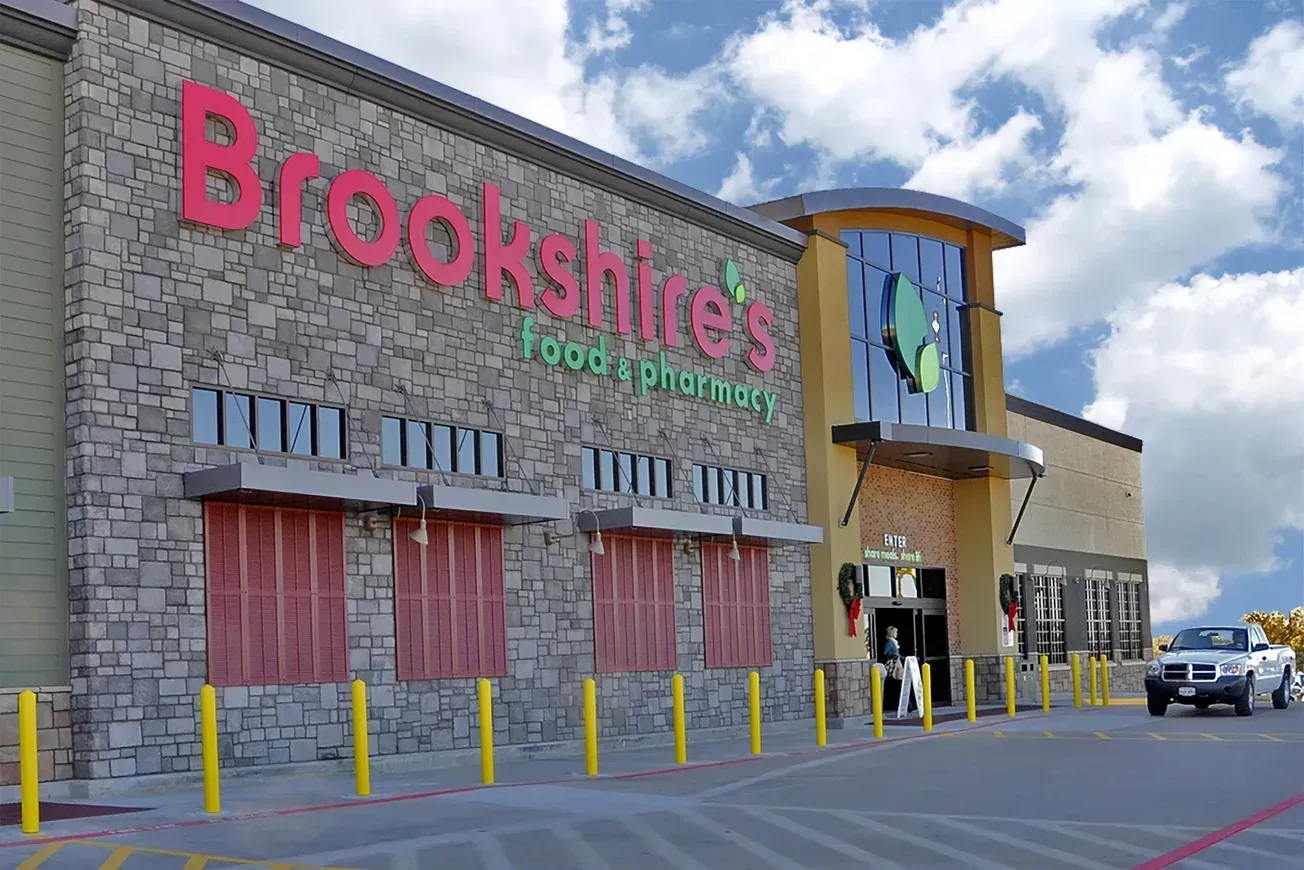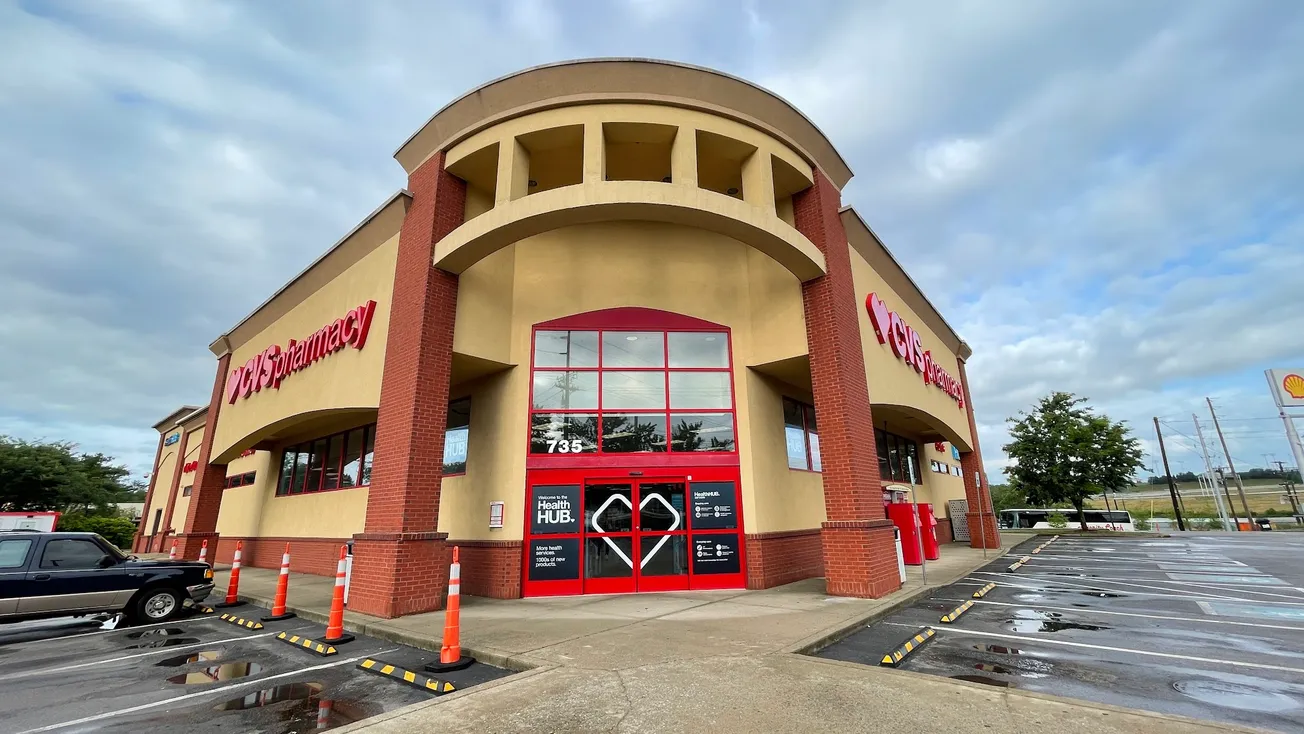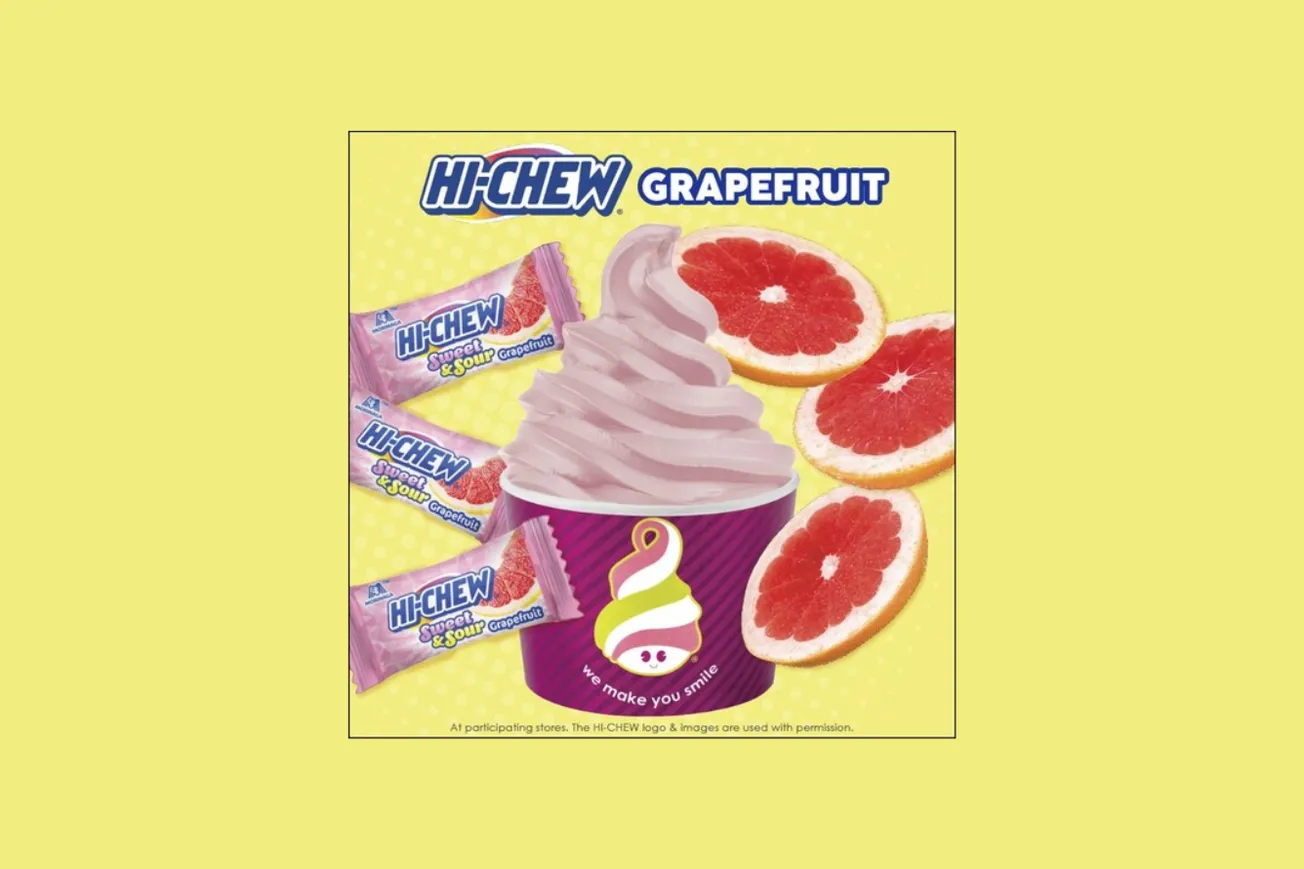CINCINNATI – The Kroger Co. today reported solid growth for its second fiscal quarter, with its second-quarter financial results, with a 1.2% gain in identical store sales (excluding fuel) and an 11% increase in digital sales.
The company also reaffirmed its full-year guidance and expressed confidence in its pending merger with Albertsons.
“Kroger achieved solid results in the second quarter, demonstrating the strength and resiliency of our model," Kroger chairman and CEO Rodney McMullen said. "We are growing households and increasing customer visits by offering a compelling combination of affordable prices and personalized promotions."
The company's strategic initiative, "Leading with Fresh and Accelerating with Digital," continues to drive long-term sustainable growth. According to McMullen, Kroger’s focus on lowering prices and investing in associates is key to generating efficiencies and expanding its customer base. This cycle, McMullen said, positions Kroger for continued success and attractive returns for shareholders.
As the Federal Trade Commission’s (FTC) review of Kroger's proposed merger with Albertsons moves forward, McMullen reiterated the company's commitment to completing the deal. "We are confident in the facts and the strength of our position," he stated, noting that the merger will bolster competition in the grocery sector. McMullen believes the consolidation will bring lower prices, job security, and greater access to fresh food across the country.
Kroger’s second-quarter earnings report reflected positive momentum, with total company sales reaching $33.9 billion, the same as in the second quarter of 2023. When excluding fuel, sales rose 1.3%, underscoring strong performance in the core grocery business.
Key financial metrics from the quarter include:
- Earnings per Share: $0.64, a significant recovery from last year's loss of $0.25 per share, which included a one-time charge related to an opioid settlement.
- Adjusted EPS: $0.93, slightly below last year's $0.96.
- Operating Profit: $815 million, rebounding from a $479 million loss in the prior year.
- Adjusted FIFO Operating Profit: $984 million, slightly down from $989 million in Q2 2023.
Kroger also reported a 42-basis-point increase in FIFO gross margin (excluding fuel), reflecting favorable product mix and cost management efforts. Notably, its private-label products, Our Brands, and lower shrinkage contributed positively to margins.
However, the company faced a 65-basis-point rise in Operating, General & Administrative (OG&A) expenses due to wage investments, increased incentive costs, and general liability claims, partially mitigated by ongoing cost-saving measures.
Kroger reaffirmed its capital allocation strategy, emphasizing continued investment in growth initiatives while maintaining a strong balance sheet. The company’s net total debt to adjusted EBITDA ratio stood at 1.24, better than last year's 1.31, providing flexibility for future investments.
The company also confirmed plans to maintain its quarterly dividend, which it expects to increase over time, subject to board approval. However, Kroger has paused its share repurchase program to prioritize debt reduction as it moves forward with the Albertsons merger.
Looking ahead, Kroger reaffirmed its guidance for the full year 2024, projecting:
- Adjusted FIFO Operating Profit: $4.6 – $4.8 billion
- Adjusted EPS: $4.30 – $4.50
- Free Cash Flow: $2.5 – $2.7 billion
Additionally, the company updated its identical sales growth forecast, now expecting growth of 0.75% to 1.75%, excluding fuel.
As Kroger continues to advance its strategic priorities and works toward the completion of its merger with Albertsons, the company remains focused on delivering value for customers, associates, and shareholders. With solid financial performance in the second quarter and confidence in the road ahead, Kroger’s leadership is optimistic about the company's long-term prospects in an evolving and competitive market.

